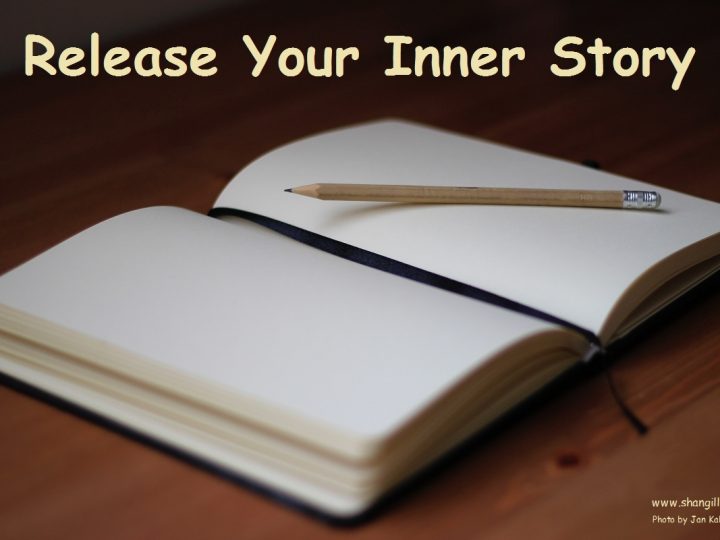
Managing Other People’s Drama
One of the things I love about the work I do with both corporates and individuals is helping people to change their perspective on situations they view as untenable. Recently several discussions have come up around the topic of people who create or bring drama to the world around them.
Here are a few examples. A mother-in-law who complains to her son that her daughter-in-law doesn’t call to check on her enough or spend enough time with her. (Of course, the fact that the couple have two young kids and both parents work full time never plays into it.) Or someone who has only one topic of conversation; everyone else’s problems, illnesses, and difficulties. How about that person who gets bent out of shape when people don’t like things on their Facebook, Twitter or Instagram posts and take it personally? And of course, there are those traditional folks who stir up trouble with he said / she said gossip, especially at the office. One of my favorites is the person who is completely devasted when they show up to a party, and someone else is wearing the same outfit. Their night is ruined, and everyone hears about it, for weeks. I’m sure you can think of many other examples, but you get the gist.
So, the question is, why do people do this? What makes a human being truly need to create or engage in these levels of drama, usually under the excuse of “caring.” The answer is actually pretty simple, though it may seem complicated at the time. It’s basic lack of self-worth. In the example of someone demanding time from others (in the form of calls, visits, social media engagement, etc…), the person is looking for validation that they are important. They need other people to show them they are worthy of someone else’s time (even if the conversation is negative) to feed their self-esteem since they can’t do it for themselves. Another reason for drama creation, especially those who focus on gossip and negative information, is comparison. The person does not feel good about themselves, so they either discuss other people’s problems to show they are better or to keep from having authentic conversations. If they don’t have someone else to talk about, then they may have to talk about themselves! And if he or she doesn’t even like himself or herself, why would they want to share their true nature with anyone else? Hence the default to gossip. So in reality, the more drama someone creates, the lower their self-worth, and usually their self-esteem. By the way, ego and self-worth are NOT the same. These folks can have a big ego and still have low self-worth, but that’s another article.
So, how do we deal with these folks? Here are a few thoughts.
- Have Compassion – I have a lot of compassion for people who bring drama. I keep my boundaries with them of course, but I do have compassion. When we realize they are usually acting from a place of very low self-worth, it allows us not to get caught up in their “web” or assign manipulative, evil intention to their actions. The truth is, they are hurting on the inside even if the outside seems angry and malicious, and they don’t know how to cope with it. So compassion also helps us to stay objective.
- Create Boundaries – Even if we have compassion, we must still create boundaries. I went through a phase at one point where I “divorced” a lot of friends who were extremely negative and seemed to attract and bring drama. I found that when I preferred to be alone over seeing or talking to them, it was time to cut bait. In family situations, this is much more difficult and complicated. Usually, the best we can do is to limit our exposure. That said, I have also found that changing the conversation works great as well. In speaking with people who are always gossiping about others or sharing the latest series of tragedies in their life to get sympathy, I will change the conversation to ideas and events, instead of people, to bring the energy of the conversation up. When we stop buying into the discussion and make it a happy or at least more positive one, it’s amazing how many of our “negative nellies” will walk away because we are not feeding into their needs. Also, I recommend hiding posts from these folks in your social media accounts. You do not have to unfriend them, just limit their ability to put negative stuff into your newsfeed by clicking a few settings.
- Manage the Personal Impact – Guilt is a strong tool used by many of our friends and family. They make us feel guilty for actions that they judge as inappropriate. Usually, when someone is upset with us, it’s because we have triggered a hot button or held up a mirror for something they dislike in themselves. The person who is trying to find self-worth externally will blame anyone they can for their unhappiness. They honestly believe our failure to meet THEIR expectations is the reason for their misery. The best thing we can do for ourselves since we cannot fix it for them, is to make sure we DO NOT allow their expectations to pull us down. Not calling your mother-in-law twice a week does not make you a bad person, as she would have you believe. But if we buy into other people’s expectations of us, we are reducing our own self-worth as well. So ask yourself why you think they are right and then dismiss it. It’s not yours. For more tips on developing your own self-worth, check out this previous article.
Drama is everywhere. It is our choice whether we create it, engage with it or dismiss it. Surround yourself with people who are thinking about more important and positive things. It will make a big difference in your world and your outlook!




